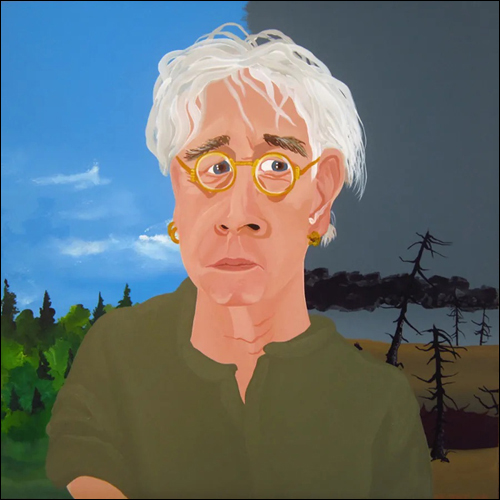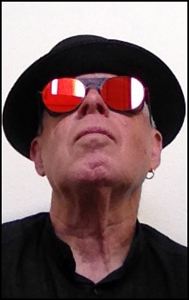May 01, 2015
In his new memoir, Rumours Of Glory, Bruce Cockburn shares stories from a career that began in the mid-1960s, following a stint at Boston’s Berklee College of Music. The Canadian troubadour also offers accounts of his world travels, social activism and spiritual life. There are plenty of musical memories as well, which are reinforced by a 9-CD box set of the same name, with tracks selected by Cockburn from his 31 albums to offer parallel audio accompaniment.
In your book, you describe your rather unique reaction to hearing yourself on the radio for the first time back in 1970.
I had been writing songs for a few years in a bunch of different bands. So I had these bodies of songs and I felt choked up on them. I felt that having to carry all these songs in my head was getting in the way of writing new ones. So I wanted to make a record, and in my imagination, that record would allow me to forget about those songs because they would have been there and accounted for, so I could get on to writing new ones. Of course, what I didn’t realize was that it doesn’t work like that—when you record those songs, then everyone wants you to play those songs.
On the day my album came out, I was in the Yorkville area, which was the Toronto equivalent of Haight-Asbury or the Village in New York, and was the center of the counterculture scene. This was at a time when free-form FM radio was really just taking off and all the stores in that area would listen to this particular radio station called CHUM. So I’m in a store and they were playing my music. No one knew me but I felt like I had a big finger pointing at me. It was terrifying.
So I left the store and went into a different store that had the same radio station on and they were playing the whole album. You could do that kind of thing back in those days. I felt like I would never have a sense of privacy again. It was a very excruciating experience and I felt I had to duck and hide.








